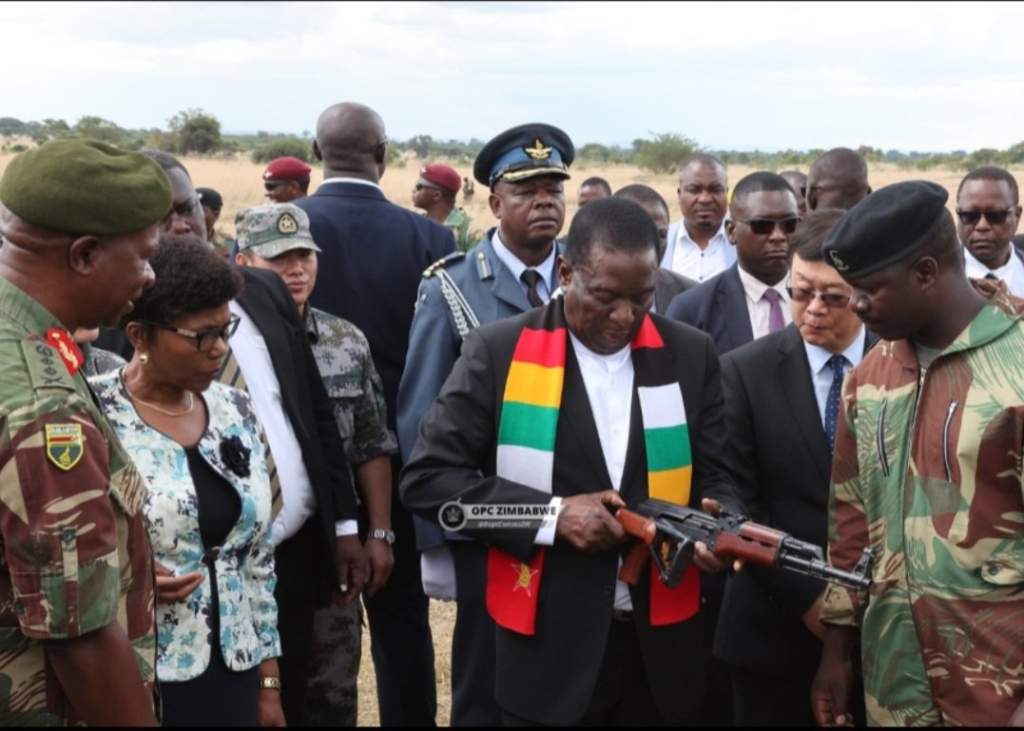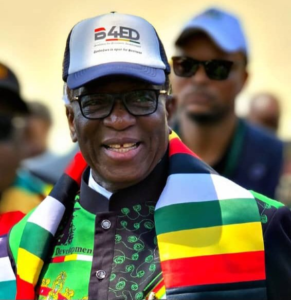CHINA’S MILITARY AID TO ZIMBABWE: A TOOL FOR OPPRESSION?

In a recent development, Zimbabwe received a substantial consignment of military hardware from China, raising concerns about its potential use amidst escalating political and economic discontent in the country. This delivery includes armoured vehicles, personnel carriers, ambulances, motorised water purifiers, patrol boats, minibuses, sniper rifles, machine guns, and hand pistols. The timing and nature of this aid are particularly alarming, considering the growing social unrest and legitimate grievances of Zimbabwe’s citizens.
This acquisition by Zimbabwe’s government, led by President Emmerson Mnangagwa, is seen by many as a significant boost to the state’s capacity for suppression. The assortment of military equipment, particularly the offensive weapons like sniper rifles and machine guns, suggests a strengthening of the government’s ability to exert control through force. This move comes at a time when the Zimbabwean populace is increasingly voicing their discontent with the current political and economic situations, which have been characterized by instability and hardship.
The concern among observers and human rights groups is that this military donation from China could be used against the Zimbabwean people to quash their demands for change and justice. The history of governmental responses to protests and civil unrest in Zimbabwe has often been marked by accusations of excessive force and human rights violations. With this new arsenal, there is a palpable fear that such incidents could not only continue but escalate.
Moreover, the provision of such military aid by China to Zimbabwe raises questions about the international dynamics at play. China, known for its strategic investments and aid in Africa, often with less regard for governance issues, seems to be solidifying its foothold in Zimbabwe through this military support. This move could be interpreted as a strategic alignment or support for the Mnangagwa administration, possibly signaling China’s stance on the internal affairs of Zimbabwe.
In summary, the arrival of Chinese military hardware in Zimbabwe is a development that has significant implications, both domestically and internationally. Domestically, it has the potential to alter the balance of power between the state and its citizens, possibly leading to more severe crackdowns on dissent. Internationally, it reflects China’s ongoing engagement in Africa and its willingness to provide military support to governments, regardless of their human rights records or the state of internal dissent. The situation warrants close monitoring by the international community, human rights organizations, and those concerned with the stability and democratic progress in Zimbabwe.



